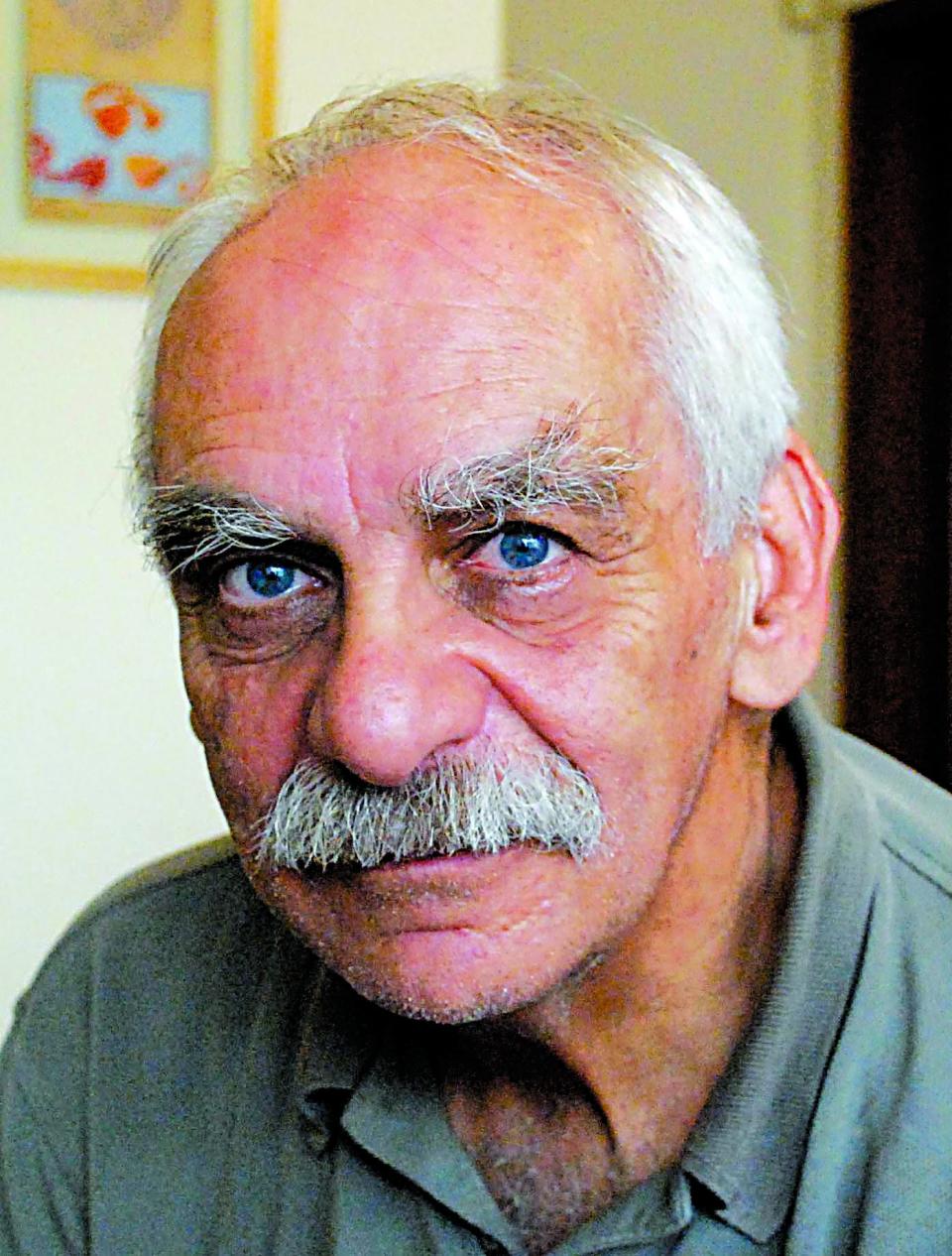Azzi: We are each other's Other
Over 20 years ago a friend returned from London with a gift, a signed copy of the British edition of Edward Said's memoir, Out of Place.
Today, shelved among my other Said books, it has a special place in my library because Edward signed it on the final endpaper rather than on the first, so that when one opens the book to the signature it appears upside-down.

Upside-down: Not quite right, out of place.
I remember reading, in the final paragraph of my friend's memoir, “I occasionally experience myself as a cluster of flowing currents. I prefer this to the idea of a solid self, the identity to which so many attach so much significance. These currents, like the themes of one's life… at their best… require no reconciling, no harmonizing. They… may be out of place, but at least they are always in motion… A form of freedom, I’d like to think, even if I am far from being totally convinced that it is. I have actually learned to prefer being not quite right and out of place."
That sense of flowing currents, of being out of place - sometimes upside down - is something I recognize.
Last Sunday, April 2nd, having been invited to preach a sermon at the Peterborough Unitarian Universalist Church in New Hampshire, I had the opportunity to speak at a moment when my religion, Islam, intersected with Judaism and Christianity during a sacred season within our monotheistic faith traditions.
On that Sunday, during Ramadan and Palm Sunday, and in anticipation of Passover, Unitarians together with Jews, Christians, Muslims, Secular Humanists, and others listened to the call to prayer and came together in worship.
A few years ago I was invited to offer a workshop at the Unitarian Universalist International Affairs Conference held annually at the Isles of Shoals. My first day there, not knowing much about Unitarians, I asked a recently retired minister, whom I had just met, if Unitarians were Christians.
He thought and answered, "I like to think we are informed by Christianity."
I love that answer - so generous, so much truth. I love believing we are all informed by each other, inspired by our shared passions.
I loved being in the church. From within an Asher Benjamin designed, Charles Bullfinch-inspired sanctuary on a bright spring day in the center of a small New Hampshire town. There I was able to speak of the flowing currents of my life, sometimes out of place, always leading - as Rumi would wish for us - to "a jar full of delight."
Where together we understood George Washington's 1790 letter to the Jews of the Touro Synagogue in Newport RI: " ... while every one shall sit in safety under his own vine and fig-tree, and there shall be none to make him afraid".
Where together we understood Naomi Shihab Nye when she quotes her father in a poem My Father and the Figtree: “I’m talking about a figtree straight from the earth / gift of Allah! / on a branch so heavy it touches the ground."
Where together we understand we are informed by each other.
Where together we can find peace.
As a Muslim I believe that the starting point of peace is from within oneself. It's where we confront our temptations, inner desires and fears - where we stand amidst flowing currents and learn to embrace the Good - where we connect with Fitra, the intuitive ability to discern between right and wrong, true and false, and, thus, to discern the Good.
Muslims believe that Fitra cannot be destroyed. It can be covered up, resisted, ignored, but it cannot be destroyed. While it is parents who determine whether a child grows up to become Christian, Muslim, Jew, Hindu, Buddhist, Unitarian, secular humanist, etc., Fitra is the attribute, the gift from God, the fundamental goodness, that we all share as humans.
Where we are informed by each other.
Today, Easter Sunday; today, as Passover and Ramadan continue to be observed; today, in anticipation of Orthodox Easter; we who are each other's keepers, we, whether guided by Torah, Psalms, Gospels, Qur'an, the statement of UU Principles or another spiritual light must be intentional in embracing Goodness, intentional in affirming that all humanity is created equal.
Today, together standing amidst the flowing currents anchored by Fitra, we are each other's keepers, each other's blessings.
For all that I am thankful.
Robert Azzi, a photographer and writer who lives in Exeter, can be reached at theother.azzi@gmail.com. His columns are archived at theotherazzi.wordpress.com.
This article originally appeared on Portsmouth Herald: Azzi: We are each other's Other

